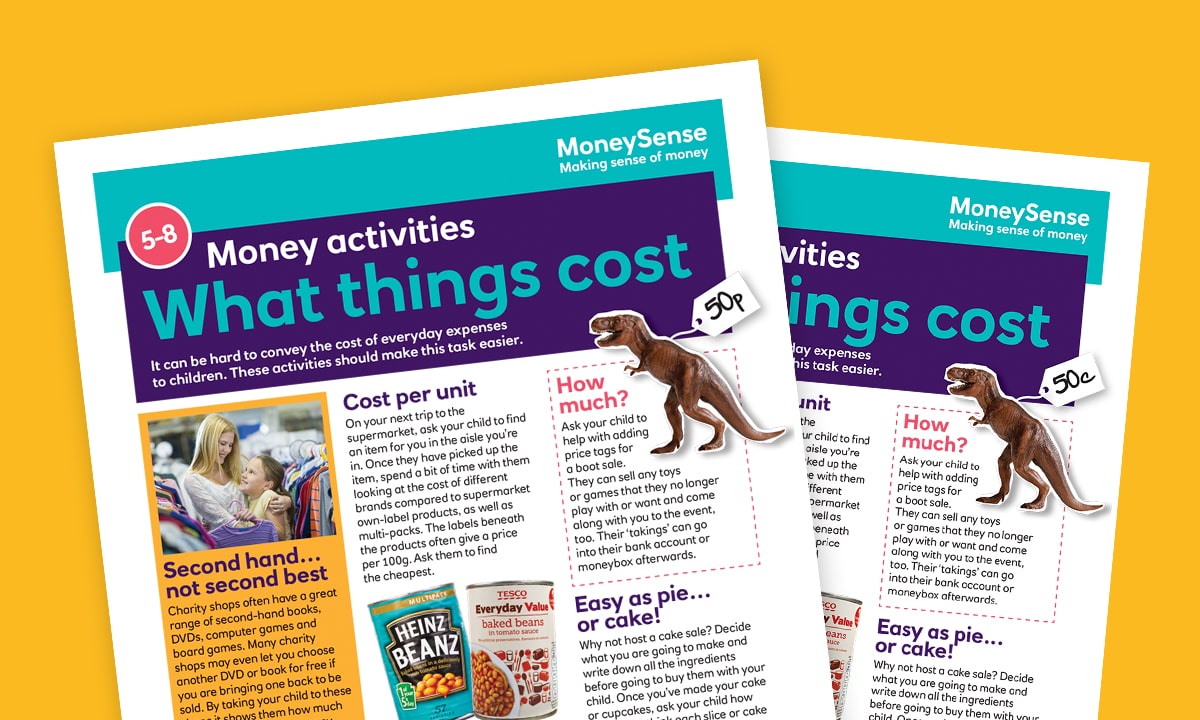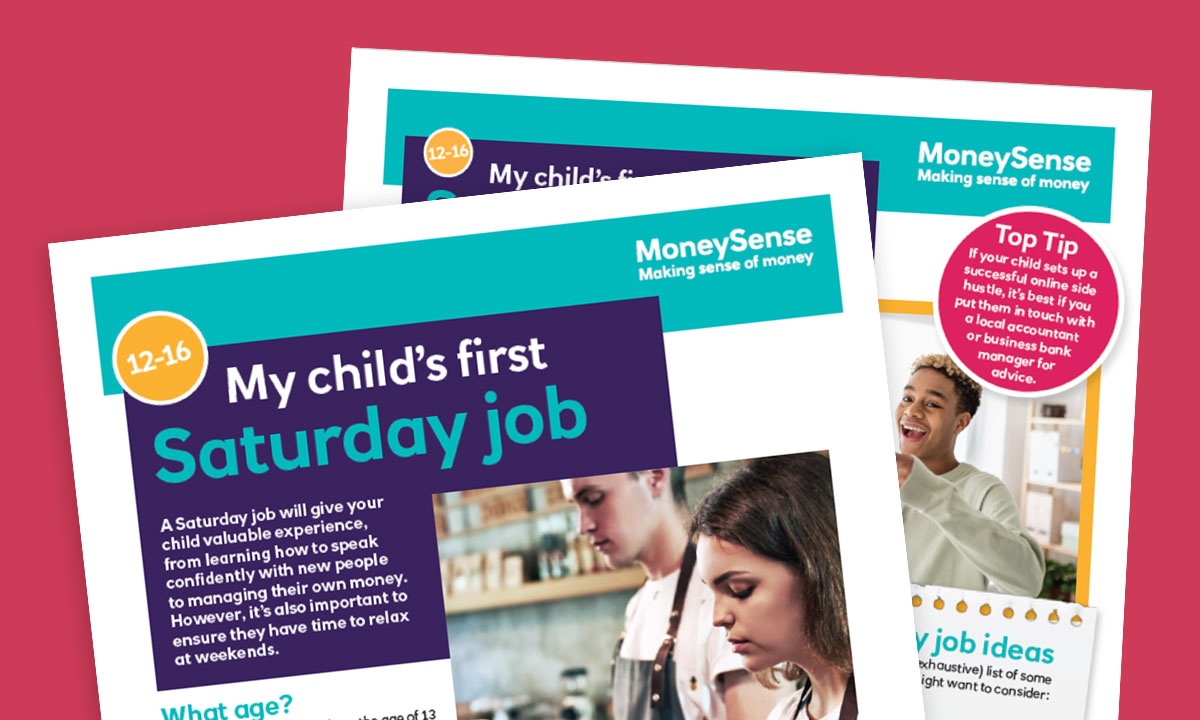What is tax?
As your child plays Island Saver, they’ll begin to understand that some of the coins they earn around the island are taken as tax – so now is a good time to start explaining tax in the real world. This includes the reasons why we pay it and how this money is used to provide funding for public services such as the NHS, education and the welfare system, as well as investment in public projects, such as roads, rail and housing.
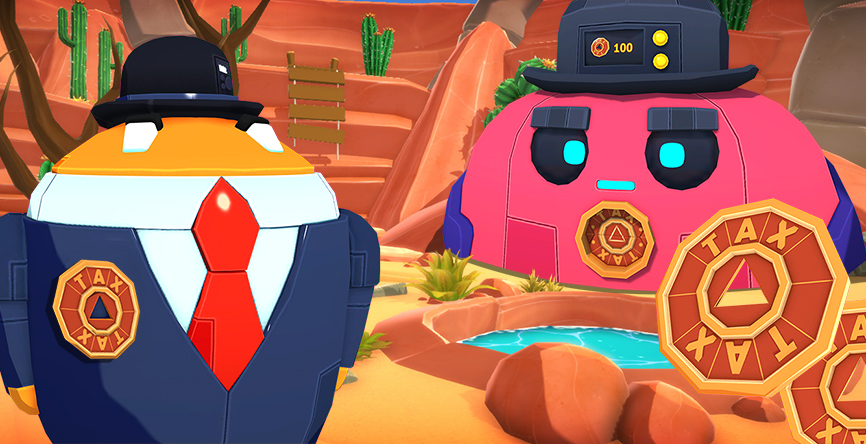
Discussing deductions
Throughout the game you may notice Tax Bot appearing and collecting 10% of the coins that your child has earned. These coins are turned into tax tokens which can only be spent on useful services on the island, such as emptying the recycling bins, installing water pipes and building bridges. Ask your child to consider how they feel about Tax Bot taking the coins that they’ve earned.
Talking tax
Tax Bot puts the coins he’s collected into a Tax Machine which converts them into tax tokens. You’ll see the number of tax tokens that have been collected are displayed on the Tax Machine’s hat. Ask your child to think about why Tax Bot collects these coins and to suggest ways the tax tokens could be spent around the island to help the environment and its inhabitants.
Time to calculate
The rate of tax on the island is 10% – this means that for every 10 coins your child collects, one coin is taken as a tax payment. Ask your child to work out how many tax tokens are taken if they collect 30 coins. Explain that as an adult most people pay tax of some sort, whether it’s on the things that we buy or through the money that we earn.
Tax is a contribution to support government expenditure on areas such as education, health and public order and safety. Tax is compulsory and can be collected locally (e.g. council tax), or nationally (e.g. income tax).
Asking your child to share their views on a grown-up topic such as tax can be a great way to engage them. Review the examples of how tax money can be spent locally and nationally with your child. Ask them if they would consider it more important to spend tax money locally or nationally. Then have your child rank the examples in order of priority and discuss why they’ve decided to prioritise one example over another.
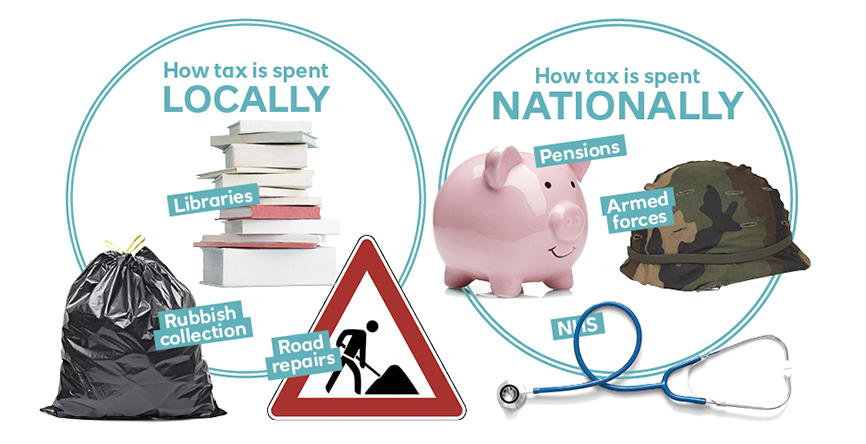
Step outside the game
Challenge your child to think about how tax money might be spent to improve their local community, such as funding the maintenance of their local park, playground or school. If they were to manage this money, how would they use it to improve these places?
In the game
Part of the tax collected in Island Saver goes to pay to build the bridge to the neighbouring island. Ask your child if they would prefer to pay less in taxes and instead pay a toll every time they cross.
Find out about all the latest MoneySense articles for parents by following us on Facebook
Why not try another MoneySense activity
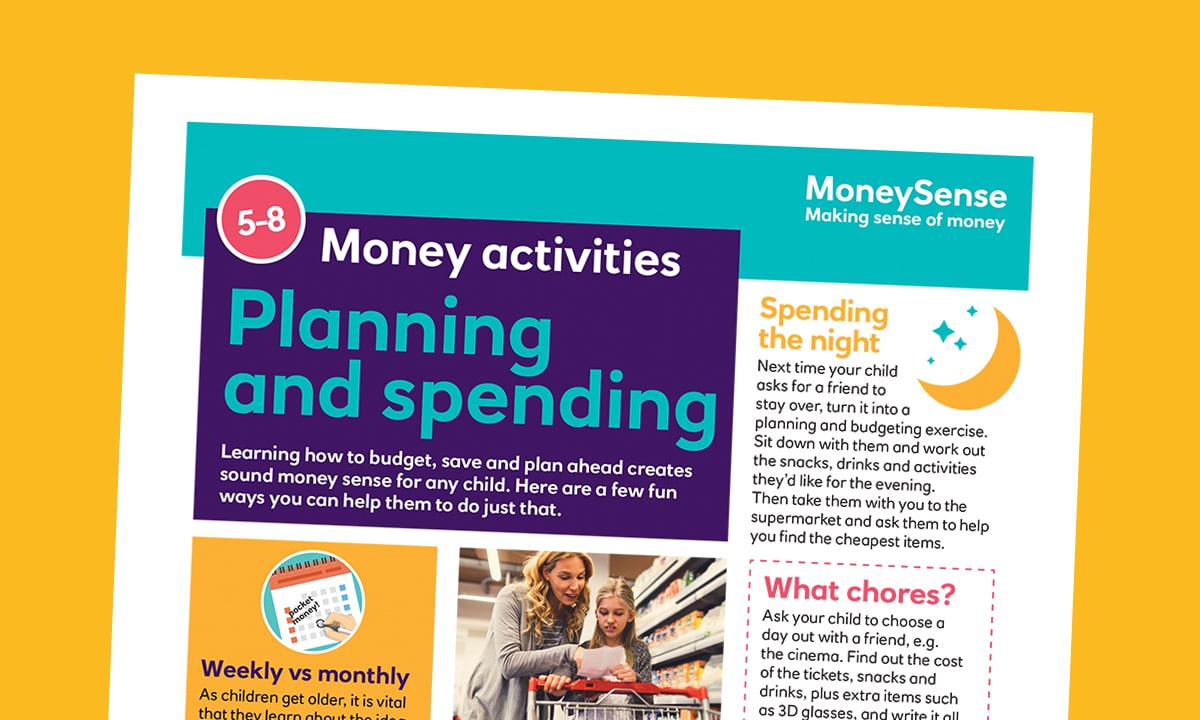
 Activities:
Activities: 